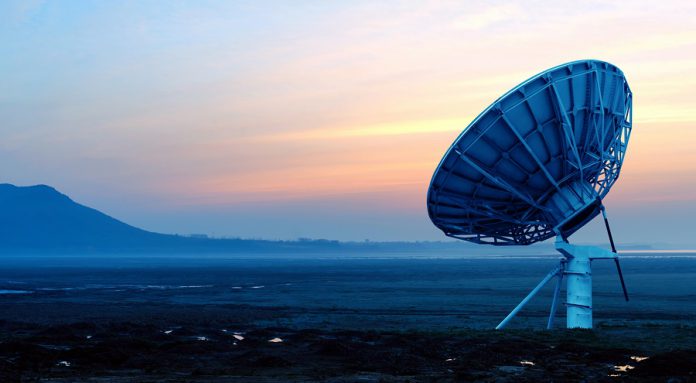Microsoft's White Spaces project seeks to bring internet access to rural areas across the world by utilizing unused “white space” frequencies from TVs. It's a noble cause, and one you wouldn't expect to meet much opposition.
Unfortunately, that hasn't been the case so far. Microsoft ran into problems in India, where the government thinks the company should have to bid for the utilization.
However, Fierce Wireless reports that the Redmond giant is pushing for further expansion in the US. Specifically, it wants certain spectrums to remain licensed for public use.
“We strongly support action at the FCC to ensure that enough TV white-spaces channels remain available for unlicensed use and hope the FCC will finalize commercially reasonable white-spaces rules soon so we can move ahead,” said Dave Heiner, VP of regulatory affairs at Microsoft at a committee hearing.
Heiner believes such legislation is important for proper availability in the low, mid and high bands as demand for WiFi and Bluetooth increases.
Implementation in Virginia
Such a decision would help with Microsoft's existing US projects, including the one in southern Virginia. A partnership with Mid-Atlantic Broadband Communications and Commonwealth of Virginia will install transmitters to give more school children internet access.
A device in schools could theoretically provide over 7,500 students with internet access, addressing the natural problems that arise from lack of connectivity in education.
The upcoming decision by the FFC could signal wider availability of the technology, Heiner stating:
“It's been a little bit of a challenge in the TV white spaces area over the past 10 years where the rules have been a little bit in flux. We really feel like we need to move forward with investing in that technology now and we're sort of redoubling our efforts and we feel like the rules are almost done and so we're ready to move forward.”






